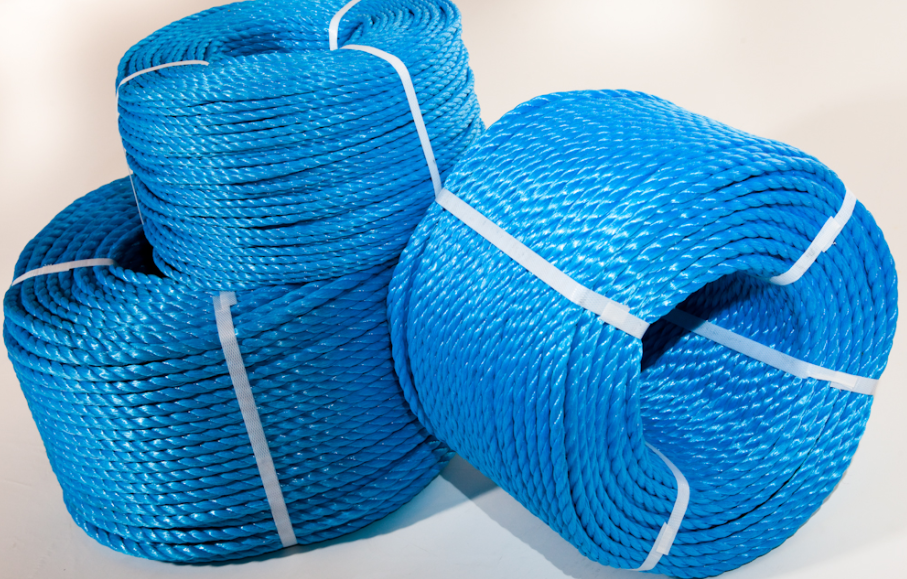
Polypropylene rope is a type of synthetic rope made from polypropylene, a type of plastic. It is a popular choice for a variety of uses due to its strength, low weight, and resistance to water, UV light, and rot. It is also very flexible and has excellent knot-holding capabilities.
Polypropylene rope is commonly used in the marine industry, as it is ideal for use in wet and dry conditions. It is often used as a mooring line, anchor line, or dock line. It can also be used for hoisting, towing, and lifting applications. Polypropylene rope is also used in camping, fishing, and other outdoor activities.
Polypropylene rope is also popular for use in home and garden applications. It is often used for tying up plants and trees, hanging decorations, and creating rope swings. It is also used for tying down furniture, securing cargo, and creating exercise equipment.
Polypropylene rope is also popular for its low cost and long-term durability. It is relatively inexpensive compared to other types of synthetic ropes, and it does not stretch or shrink over time. This makes it a great choice for a variety of applications, as it can be used over and over again without needing to be replaced.
Overall, polypropylene rope is a popular choice for many different applications due to its strength, low weight, and resistance to water, UV light, and rot. It is also very flexible and has excellent knot-holding capabilities, making it ideal for a variety of uses.
What is Polypropylene rope?
Polypropylene rope is a type of synthetic rope made from polypropylene, a type of plastic. It is a popular choice for a variety of uses due to its strength, low weight, and resistance to water, UV light, and rot. It is also very flexible and has excellent knot-holding capabilities. Polypropylene rope is commonly used in the marine industry, as it is ideal for use in wet and dry conditions. It is also popular for use in home and garden applications, camping, fishing, and other outdoor activities.
Why is it so popular?
Polypropylene rope is popular due to its low cost, long-term durability, and versatility. It is relatively inexpensive compared to other types of synthetic ropes, and it does not stretch or shrink over time. This makes it a great choice for a variety of applications, as it can be used over and over again without needing to be replaced. Additionally, it is strong, lightweight, and resistant to water, UV light, and rot, making it ideal for a variety of uses.
Overall, polypropylene rope is a popular choice for many different applications due to its strength, low weight, and resistance to water, UV light, and rot. It is also very flexible and has excellent knot-holding capabilities, making it ideal for a variety of uses.
Polypropylene rope is a popular choice for many different applications due to its strength, low weight, and resistance to water, UV light, and rot. It is also very flexible and has excellent knot-holding capabilities, making it ideal for a variety of uses. It is an inexpensive, long-term durable, and versatile rope, making it a great choice for any application.
How does Polypropylene rope work?
Polypropylene rope is strong, lightweight, and resistant to water, UV light, and rot. It is also very flexible and has excellent knot-holding capabilities. This makes it ideal for a variety of uses, such as mooring, anchoring, towing, and lifting applications. Additionally, it is often used for tying up plants and trees, hanging decorations, creating rope swings, securing cargo, and creating exercise equipment. Polypropylene rope is also used for camping, fishing, and other outdoor activities.
Overall, polypropylene rope is a popular choice for many different applications due to its strength, low weight, and resistance to water, UV light, and rot. It is also very flexible and has excellent knot-holding capabilities, making it ideal for a variety of uses.